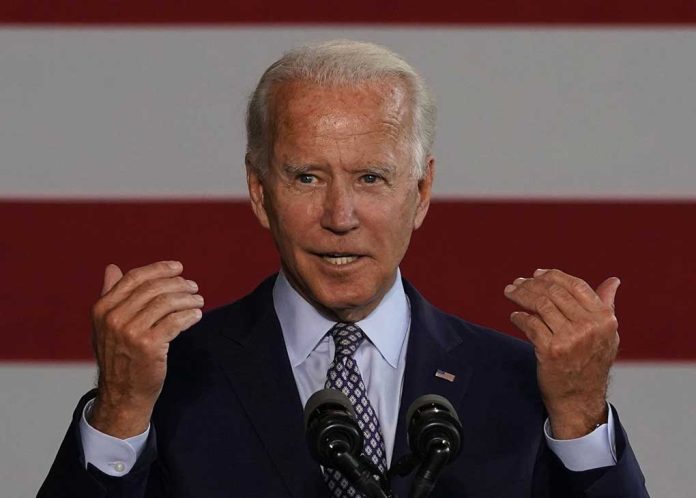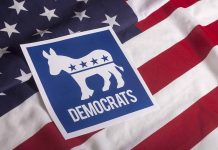
President Biden’s contentious decision to pardon his son Hunter amid severe legal troubles raises questions about justice and political propriety in American governance.
At a Glance
- President Biden issued a pardon for his son Hunter, covering legal issues from 2014-2024.
- Hunter Biden pleaded guilty to tax charges and was found guilty of firearm possession.
- The pardon has sparked criticism as politically charged and unjust.
- House Republicans have pursued investigations into Joe Biden regarding family business dealings.
- Speculation arose about the pardon following Trump’s election win.
Biden’s Pardon Decision
President Joe Biden officially pardoned his son Hunter Biden, who was facing sentencing after convictions on federal gun charges and tax evasion. Biden maintained that Hunter had been unjustly targeted in a political frenzy. The pardon, announced during a family Thanksgiving gathering in Nantucket, contradicted Biden’s prior vows to let the law take its course.
Hunter was facing potential prison time when he pleaded guilty to tax charges and was found guilty of firearm possession as an illegal drug user. His plea agreement, which initially promised probation, collapsed amid accusations of a Justice Department cover-up. President Biden argued the justice process had been politicized against his son, justifying the clemency.
Political Ramifications
The pardon has prompted considerable backlash. Critics, including President-elect Donald Trump, lambasted the action as a blatant misuse of power, even linking it to unrelated political scandals such as the January 6 Capitol riot. Trump said, “Does the Pardon given by Joe to Hunter include the 6 January Hostages, who have now been imprisoned for years? Such an abuse and miscarriage of Justice.”
The action also intensified criticism from IRS whistleblowers who remarked Hunter’s pardon illustrated “special privilege for the powerful.” Speculation about such a pardon increased after Trump’s victory in the Presidential election, further fueling partisan divisions within Washington.
And there it is. President Biden pardoned his son Hunter Biden
“Today, I signed a pardon for my son Hunter. From the day I took office, I said I would not interfere with the Justice Department’s decision-making, and I kept my word even as I have watched my son being… pic.twitter.com/YzRLutcPmy
— Kadia Goba (@kadiagoba) December 2, 2024
Impacts on Justice and Fairness
The judicial implications are vast. Beyond shielding Hunter from foreign-lobbying charges, it has sparked Republican-led investigations during a broader impeachment inquiry into Joe Biden’s potential involvement in his family’s business dealings. A key Republican, Chairman James Comer, accused the President of lying about his knowledge of these dealings.
In a statement, Biden depicted his son’s legal challenges as a “miscarriage of justice.” He stated, “I’m extremely proud of my son Hunter. He has overcome an addiction. He is one of the brightest, most decent men I know.” Hunter also responded by expressing gratitude for his father’s support and pledged to help others confronting similar addiction challenges.
The decision echoes past precedence of presidential pardons for family members, akin to actions by Presidents Clinton and Trump. As this narrative unfolds, the implications on justice, fairness, and politics remain under nationwide scrutiny.
Sources:
- Biden gives son Hunter ‘unconditional’ pardon
- 2 times Biden said he would not pardon son Hunter Biden










